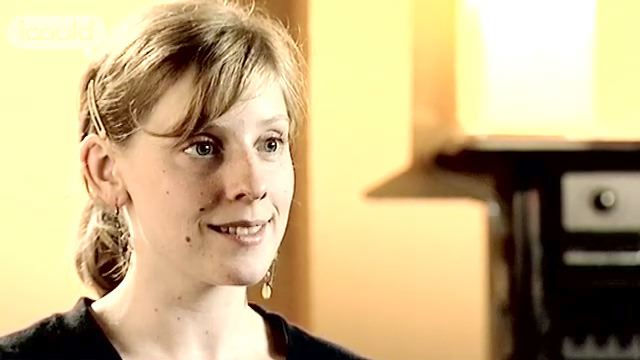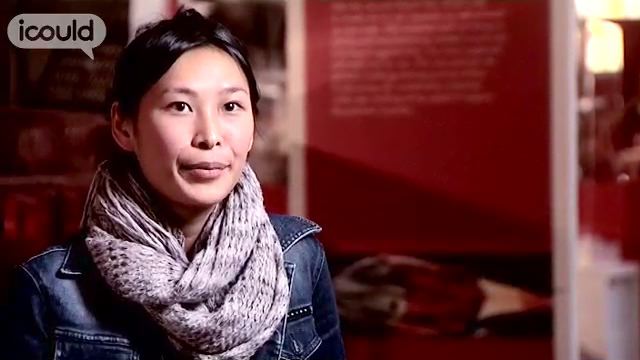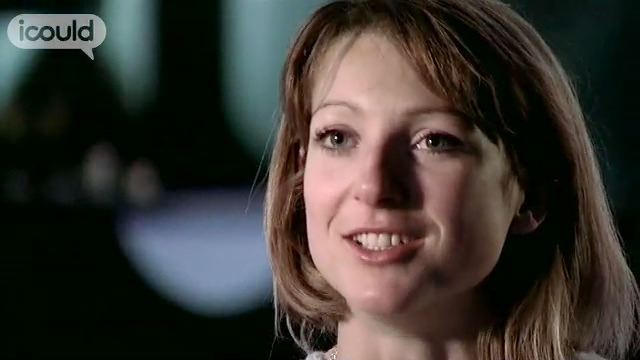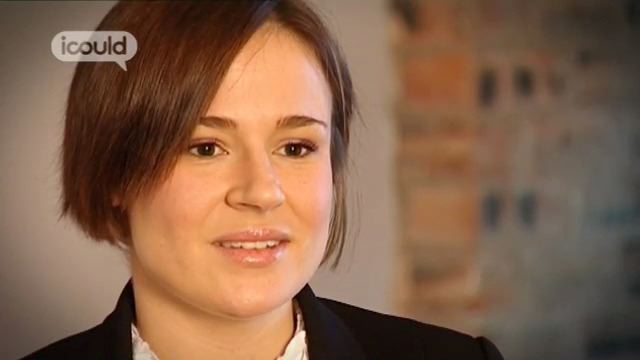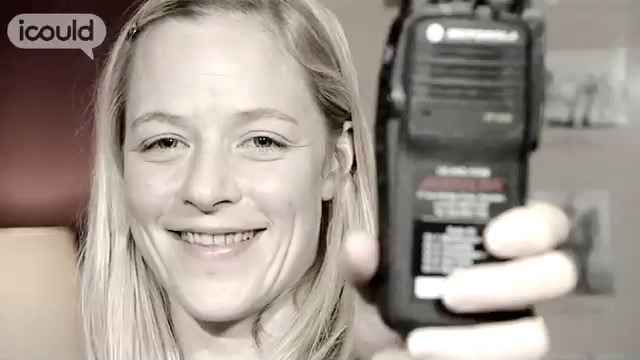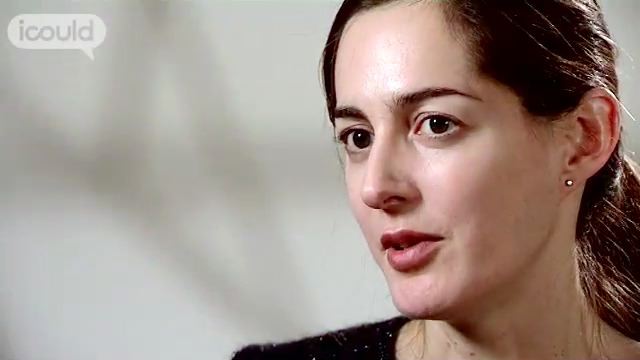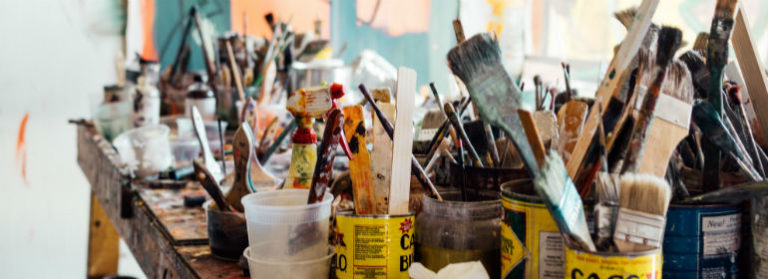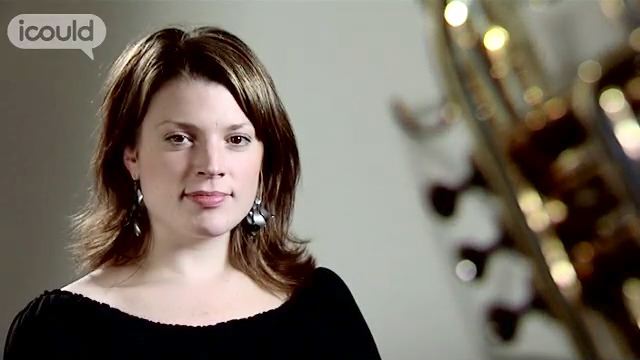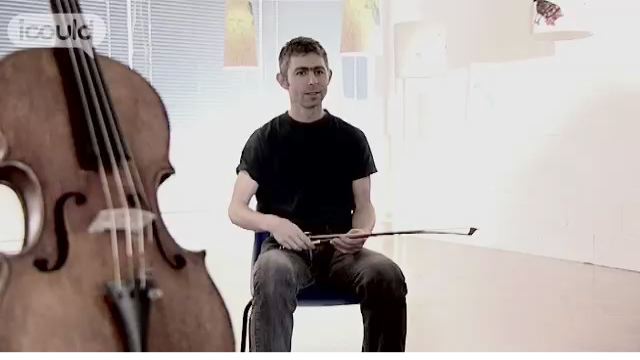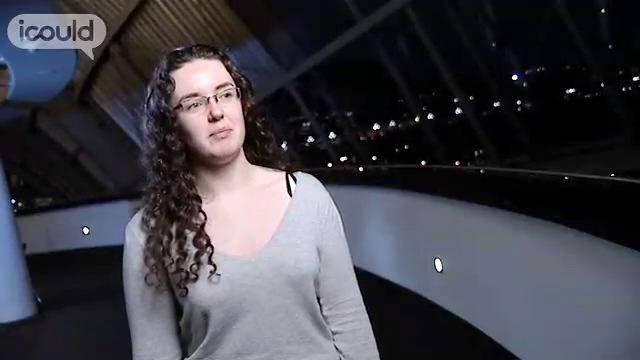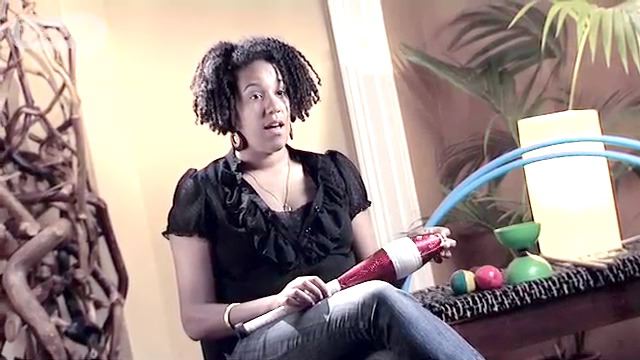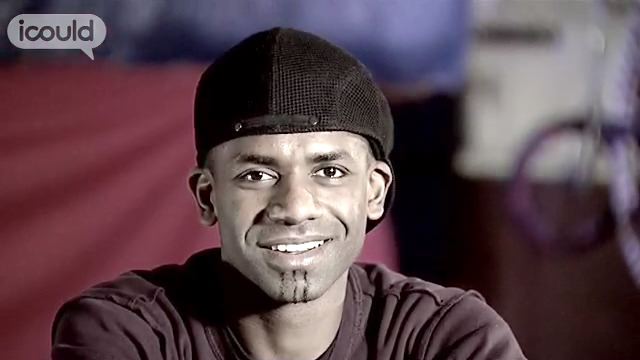Concerts Director
Britten Sinfonia
Hannah D – Britten Sinfonia
00:00:02 Hello, my name’s Hannah D , I’m acting Concerts Director at the Britten Sinfonia. A Concerts Manager is someone who plans the performance activity of an orchestra, they organise recording sessions, rehearsals, concerts, international tours and anything else where the orchestra’s required to play. There are a number of things that can go wrong, but we like to look at those as a challenge rather than a problem. I did previously work for a big symphony orchestra, and we had a situation once where we had a concert in Birmingham, and a sudden blizzard just came out of nowhere, and the players didn’t make it. The soloist had made it, so I sent him on for the first half of the concert by himself. I actually get quite a buzz out of sorting out that kind of problem. The adrenaline kicks in, and you just have to start thinking very creatively to bring about a solution.
00:00:51 When I was very little I either wanted to be an artist, or – I was very interested in volcanoes actually, for some reason. And I think it was – I think it was because, when I was a child I was allowed to stay up late one night when a massive volcano had exploded in America. So that kind of took my imagination. And then I discovered I was absolutely rubbish at science, so that didn’t happen. And I had – I had played an instrument, I played the violin and the viola since I was little. Again, I loved playing, but I was never going to be good enough to be a professional musician. So I considered finding another way in to carry on working with music.
00:01:29 My father worked in music, and he used to drag me along to rehearsals and stuff when it was the holidays and there was no one to look after me, I wasn’t at school. So I was very comfortable around music, and around musicians, and it just felt like a sort of second home. I think one of the biggest influences on me, was playing in orchestras myself when I was a child. You begin to see how exciting it is to be part of an orchestra, to be part of this – this amazing creation if you like. And you also begin to see how social it is. It’s lifelong friends that you make there, and I think it was those courses, and those tours and those concerts, where I had the greatest fun, yeah.
00:02:08 I decided to set up an amateur orchestra, and I managed that for a few years, and used that as sort of to train myself in how to do stuff. So by the time my dream job came up, about seven years ago, I could prove that I had a lot of the experience, that I’d generated it myself. That I’d been interested enough to go looking for that experience. The orchestra was made up of people that had gone to my school – some of which were just amateur musicians, and some were professionals. And we’d meet sort of once a year for about four years. But it’s a huge amount of work just tracking people down, apart form anything else.
00:02:42 There was a job I wanted, which was Concerts Assistant at the BBC Proms. And I contacted the Proms and asked for a bit of work experience, for a bit of work shadowing one year. And by the time it came to interviews for the next year, because it was a seasonal job, I was well qualified and I’d shown my commitment the year before that I’d gone to work shadow there. So I had a very good chance of getting the job, which I did. After that I sort of had a, you know, fairly clear idea of where I wanted to go, and which organisations, more importantly, I wanted to work for.
00:03:15 I suppose the down sides to working in classical music, and working in any sort of performing arts, is that you have to give up quite a lot of social life. Because you’re working evenings and weekends, your social life and your work life – sometimes it’s not a good idea – but they are combined, and I think that’s sort of how it changes, it can take over your life, you have to be careful sometimes, you have to take a step back and keep some time for yourself.
00:03:40 I think in classical music there’s definitely no clear way, absolutely not. There’s no – there’s no standard career, there’s no standard job. You have to look for those opportunities, you have to volunteer yourself for things often, and prove yourself by doing your job well. But it’s by no means set in stone, what’s going to happen in the future. And in fact quite a few of the jobs that I’ve had in my life have been short term contracts. I always take a job just because I’m interested in doing it, not worried about where it’s going to lead me, or what’s going to happen in the future. I think, you know, take the best job that is there now, believe in what you’re doing right now, and everything else will work in the future.
00:04:15 ENDS
Hannah recognised from an early age that although she was passionate about music, she was not good enough to be a professional musician. So she looked for opportnities to be involved in the music industry. She talks about the lifelong friends she has made because they played together. ‘I always take a job because I’m interested in doing it, not worried about where it’s going to lead me’.
